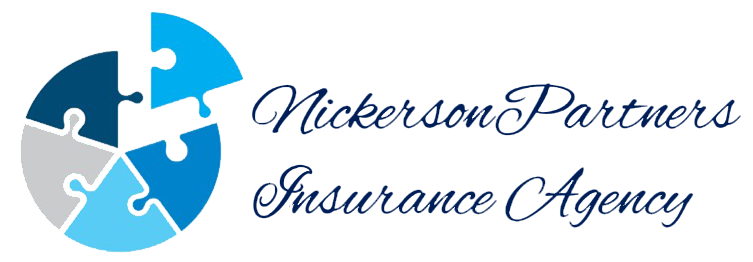Turner syndrome is a genetic condition that affects approximately 1 in every 2,500 female births. Despite its relatively common occurrence, many myths and misconceptions surrounding Turner syndrome can lead to confusion and misinformation. This blog will address ten of the most common myths about Turner syndrome and explain why they must be debunked.
Myth #1: Turner syndrome only affects women.
One of the most common misconceptions about Turner syndrome is that it only affects women. While Turner syndrome does occur almost exclusively in females, it is caused by a missing or incomplete sex chromosome, which can also affect males in rare cases. Some cases of male Turner syndrome are reported in the medical literature, although they are scarce.
Myth #2: All girls with Turner syndrome are short.
Another myth about Turner syndrome is that all girls with the condition are short. While it is true that many girls with Turner syndrome have short stature, this is not always the case. Some girls with Turner syndrome may have the standard height or be taller than average. Several factors can affect size, including the severity of the condition and whether or not growth hormone treatment is used.
Myth #3: Girls with Turner syndrome can't have children.
Many believe girls with Turner syndrome are infertile and cannot have children. While it is true that most girls with Turner syndrome have ovarian dysfunction and may have difficulty conceiving naturally, there are several options for fertility treatment. For example, egg donation, in vitro fertilization, and adoption are all options for women with Turner syndrome who want to have children.
Myth #4: Girls with Turner syndrome have intellectual disabilities.
Another common myth about Turner syndrome is that it causes intellectual disabilities or developmental delays. While some girls with Turner syndrome may have learning difficulties or other developmental delays, most have average or above-average intelligence. However, some specific cognitive and social challenges can be associated with Turner syndrome, including problems with spatial and mathematical concepts, social interactions, and understanding nonverbal cues.
Myth #5: Girls with Turner syndrome can't participate in sports or physical activities.
Finally, some believe girls with Turner syndrome cannot participate in sports or physical activities. While it is true that girls with Turner syndrome may have certain physical limitations, such as low muscle tone and reduced stamina, this does not mean they cannot participate in physical activity. Regular exercise and physical activity are crucial for promoting bone health, improving cardiovascular function, and maintaining overall health and well-being.
Myth #6: Turner syndrome always causes physical abnormalities.
While many girls with Turner syndrome have physical abnormalities such as a webbed neck, low-set ears, or swelling of the hands and feet, not all girls with the condition display these physical characteristics. The severity of physical abnormalities can also vary significantly from person to person.
Myth #7: Turner syndrome is always diagnosed at birth.
While Turner syndrome can be diagnosed prenatally or at birth, it is not always detected immediately. In some cases, the condition may not be diagnosed until later in childhood or even adulthood, especially if the symptoms are mild.
Myth #8: Turner syndrome is a rare condition that doesn't affect many people.
While Turner syndrome is considered rare, affecting approximately 1 in every 2,500 female births, it is still relatively common. In addition, it is one of the common chromosomal abnormalities affecting females.
Myth #9: Girls with Turner syndrome are always socially isolated.
While girls with Turner syndrome may face social challenges, such as difficulty with social interactions and understanding nonverbal cues, this does not mean they are always socially isolated. On the contrary, many girls with Turner syndrome have strong social support networks and can develop meaningful relationships with others.
Myth #10: Girls with Turner syndrome have a shorter life expectancy.
While girls with Turner syndrome may have a higher risk of specific health problems, such as heart disease and osteoporosis, they can live long and healthy lives with appropriate medical care and management. As a result, life expectancy for individuals with Turner syndrome is generally similar to that of the general population.
In conclusion, many myths and misconceptions surrounding Turner syndrome can lead to confusion and misinformation. By debunking these myths, we can better understand Turner syndrome and support individuals with the condition in achieving their full potential. If you or a loved one has Turner syndrome, working closely with healthcare providers who know the need and can provide appropriate care and support is vital.


